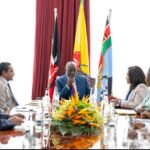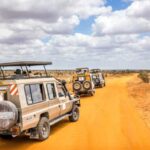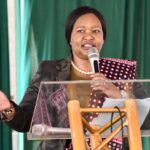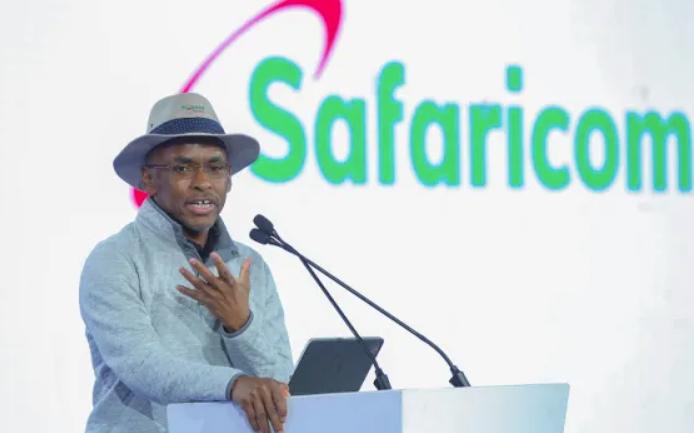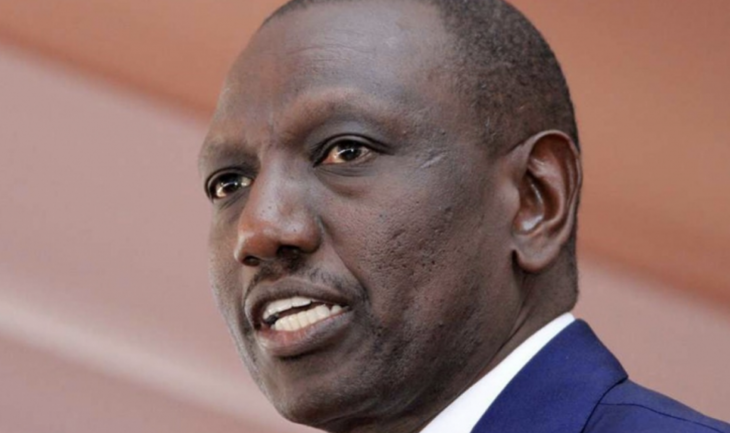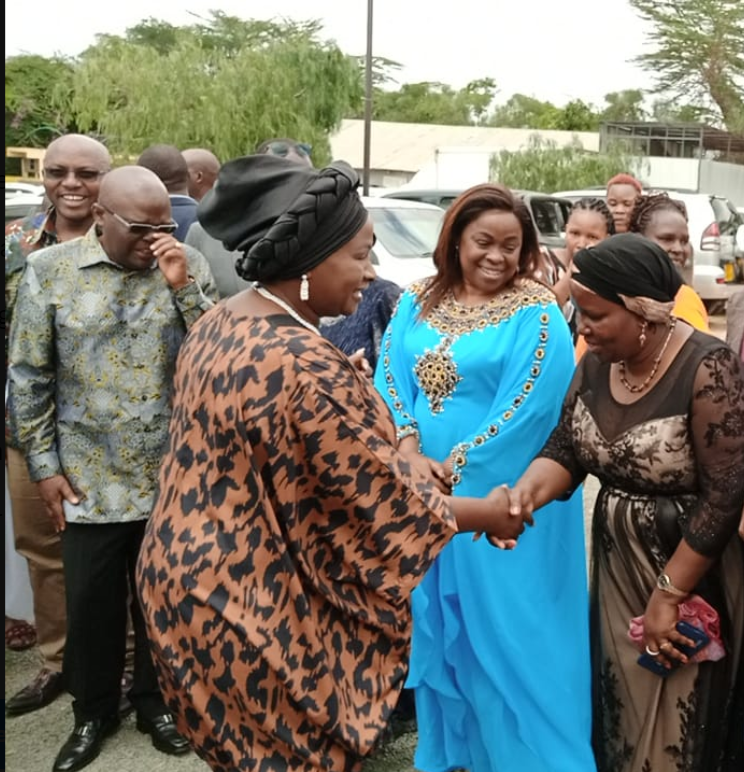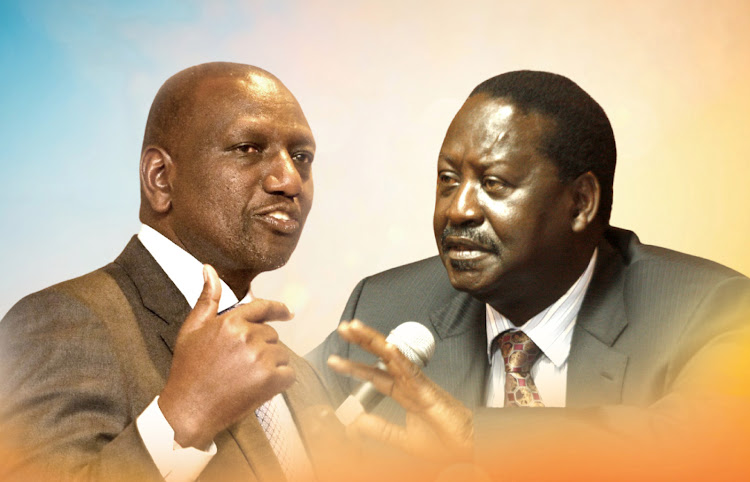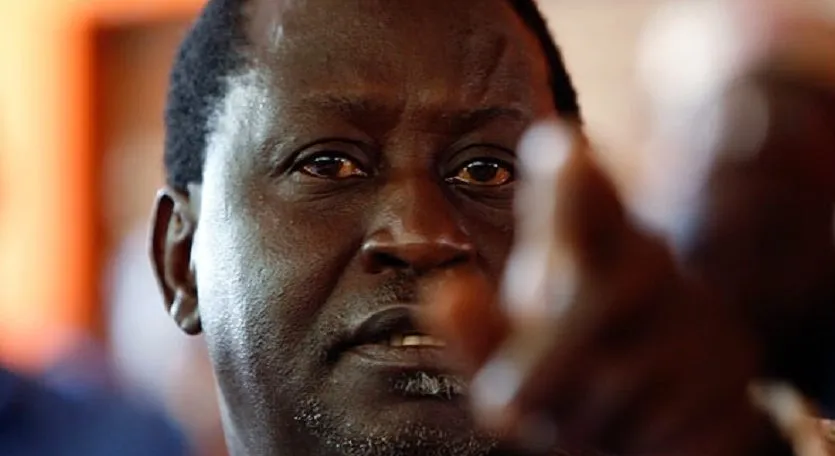Deputy President Dr. William Ruto is shaping a 2022 strategy that will appeal to the support bases of President Uhuru Kenyatta and ODM/ Opposition leader Raila Odinga.
Ruto’s plan that he has began rolling out, will curve the presidential contest as a battle between between the hustlers and the dynasties.
The DP has already dubbed himself the voice and leader of the poor and the majority as he has been reaching out to the people directctly after pushed out by President Kenyatta who is part of the ‘dynasties’.
The DP’s think tanks believe the second in command has made in roads Central, Lower Eastern, Western, parts of Coast and North Eastern enough to garner votes and propel him to State House in 2022.
Ruto-crafts who has literaly been ejected from power but has been giving out millions to small businesses to consolidate his appeal to the ‘hustlers’ to raise his profile and win majority of the votes.
DP’s strategists have combed through economic surveys by the National Bureau of Statics(KNBS) and he will leverage the findings to address people’s aspirations and complaints.
Reports have identified Mount Kenya, Nairobi, Nyanza and Rift Valley as regions with high numbers of entrepreneurs.
Ruto’s plan is to be capitalize on the discontent of Kenyans who have succeeded without advantages of strong family positions, background and wealth.
Belgut MP Nelson Koech, who is a close ally of the DP said hustler nation movement has been designed around a state of mind that transcends tribal enclaves and encompasses the entrepreneurial state of mind.
The DP has been equiping young business people starting and he is also meeting church leaders whom he hopes to turn into his ambassadors when the time comes.
Tanga Tanga believes that reaching out directly to the people and splurging resources will transcend perennial ethnic voting.
Raila’s supporters have however dismissed Ruto’s strategy as useless and will not sway votes in favor of DP.
Hon. Opiyo Wandayi of Ugunj took a swipe at the DP, saying while Raila was pushing for reforms, Ruto stood and voted with the dynasties that he now claims to despise.
Another Raila ally, Uriri MP Mark Nyamita also said the March 9, 2018, handshake between President Kenyatta and Raila provided a platform where leaders from all corners of the country can form a coalition without looking at tribes and asking who is wealthy or not.

ODM is deliberately blind to the fact that Ruto has made in roads in Kenyatta’s backyard. He enjoys supports from many elected leaders in Murang’a county, Kiambu, Nyeri, Embu, Meru and Kirinyaga.
He has also penetrated Odinga from the western side and has many law makers on his side including Chris Wamalwa, Didimus Barasa and will not suprise people if he ends up with Musalia Mudavadi and Wetang’ula on his team.
Both President Kenyatta and Raila have dismissed the dynasty-versus-hustler narrative being advanced by Ruto, saying leadership is about service to the people.
“Moi rose from a humble background to become president. He came from poverty, just like Mzee Jomo Kenyatta and Jaramogi Oginga Odinga. Nobody can talk about a dynasty when it comes to these three families,” Raila said during Moi’s burial.
It still remains unclear who President Kenyatta will endorse to succeed him since his camp is already dominated by influential figures such as Raila, Wiper leader Kalonzo Musyoka and Baringo Senator Gideon Moi, among others lining for his favour.
Raila is not easy ‘to sell’ to the Mt. Kenya electorate despite age being another factor that Ruto has considered deeply in his team. Ruto has chosen young politicians as the face of his campaign.
Former Machakos Senator Johnson Muthama who is also backing Ruto said the hustler versus the dynasties political battle in 2022 will offer Kenyans an opportunity to break out of ethnic mobilisation that has more often resulted to tribal violence after the general elections.
